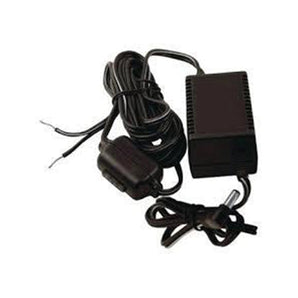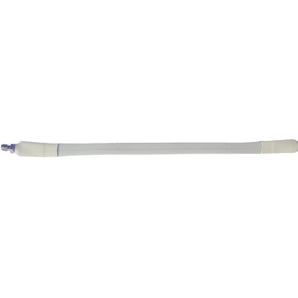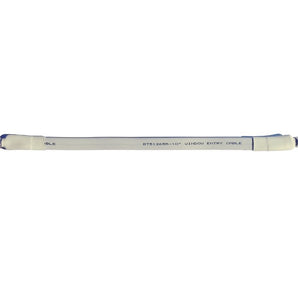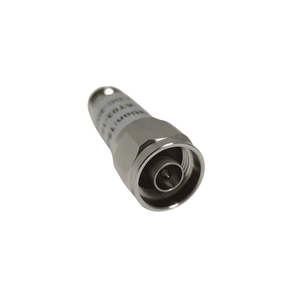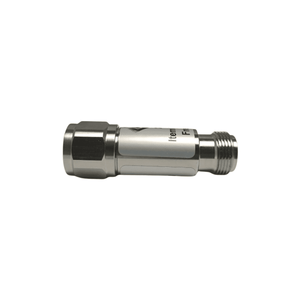Materials That Block Your WiFi Signal in 2025
Understanding interference for better home and business connectivity
WiFi internet has become an essential part of modern life, powering everything from home streaming to Business WiFi Systems and Campus-Wide WiFi Networks. But if your WiFi connection drops or slows down in certain areas, you've probably asked yourself: why?
The truth is that all wireless networks are affected by interference. Materials in your walls, furniture, and even appliances can block or weaken your WiFi. In 2025, as demand for High-Speed WiFi for Businesses, Outdoor WiFi Solutions, and Enterprise Wireless Solutions grows, understanding WiFi blockers is more important than ever.
What is WiFi Signal?
Routers (also known as WiFi access points) send out radio waves to your devices. These radio waves are part of the electromagnetic spectrum. Anything that interferes with this path—such as dense materials, other radio frequencies, or reflective surfaces—can reduce your signal. This applies whether you're running WiFi at home, WiFi for Office Buildings, or Reliable WiFi for Malls.
For larger properties, Mesh Network setups or a Distributed Antenna System (DAS)—including Passive DAS, Active DAS, or even Hybrid DAS—are often used to overcome signal blockers and expand coverage.
Materials that Interfere with Your WiFi Signal (2025)
Building materials remain the top WiFi signal blockers. Here's the updated list of culprits:

1. Metal
Metal remains the strongest blocker. Found in appliances, blinds, reinforced structures and infrastructure, it reflects or absorbs WiFi signals like a mirror or barrier.

2. Concrete
Dense reinforced concrete walls can reduce signal strength by up to 30dB. The denser the concrete, the harder it is for WiFi to travel through.

3. Plaster and Metal Lath
Older homes with plaster backed by metal mesh are especially bad for WiFi. This combination can block signals more than brick walls.

4. Ceramic Tiles
Ceramic tile coverings, often laid over drywall or concrete, moderately absorb and weaken WiFi signals.

5. Windows and Tinted Glass
Low-E glass and tinted windows often have metallic coatings that reflect WiFi waves, creating dead zones even though they appear "transparent."

6. Mirrors
Large mirrors, thanks to their metallic backing, reflect WiFi signals and weaken connections in nearby rooms.

7. Drywall
Drywall itself has minimal impact, but multiple layers in homes or offices can cumulatively degrade signal.

8. 2.4 GHz Devices
Baby monitors, Bluetooth, microwaves, cordless phones, and more crowd the 2.4GHz spectrum, causing major WiFi interference.

9. Neighbor's WiFi Network
Overlapping WiFi channels in dense areas (apartments, office buildings) reduce speeds and cause packet loss. Modern Mesh Network systems or channel planning can resolve this.

10. Water
Aquariums, water walls, or even groups of people absorb and scatter WiFi signals due to the conductive properties of water.

11. Home Appliances
Fridges, ovens, microwaves and dishwashers contain metal and electrical components that cause strong interference.

12. Furniture
Dense wooden or metal furniture, when blocking a line of sight between your router and device, weakens signal strength.
Beyond Materials: Modern WiFi Challenges
It's not just walls anymore. In 2025, interference also comes from overcrowded 2.4GHz frequencies, outdated routers, or poor network planning in large environments. This is why many South African businesses are investing in Commercial WiFi Solutions, Enterprise Signal Solutions, and Hotel WiFi Installation Services.
For homes, a WiFi Booster or WiFi Extender can help. If you've ever wondered "how do WiFi extenders work?"—they pick up your existing signal and rebroadcast it to cover dead zones.
How to Improve WiFi Coverage in 2025
WiFi Improvement Strategies
- Upgrade to WiFi 6 or WiFi 6E routers for stronger connections.
- Use a Mesh Network for large homes, offices, or WiFi Installations for Malls.
- Consider a cellular router or industrial router for remote areas where Starlink South Africa or LTE supports your WiFi.
- On farms, mines, or factories, combine Signal Booster for Mining, Signal Booster for Manufacturing, or a Cell Phone Signal Booster for Farm with Long-Range WiFi for Outdoor Areas.
- In vehicles, a Vehicle Signal Booster or Best Cell Phone Signal Booster for Car ensures connectivity on the go.
Measuring WiFi Strength
WiFi strength is measured in dBm (decibel-milliwatts):
- -30 dBm: Excellent (near router).
- -50 dBm: Very good.
- -60 dBm: Reliable.
- -70 dBm: Weak.
- -80 dBm: Unreliable.
- -90 dBm: Unusable.
Use WiFi Analyzer (Android) or WiFi Status (iOS) to test your coverage across rooms.
Business & Enterprise Connectivity
At Bolton Technical, we don't just supply Cell Phone Boosters like the MTN Signal Booster, Vodacom Signal Booster, Telkom Signal Booster, or Cell C Signal Booster. We also design Enterprise Wireless Solutions, Unitivity-powered DAS, Industrial Signal Boosting, and Commercial WiFi Solutions. Whether you need WiFi Installations for Business, Office Signal Boosters, or Outdoor WiFi Solutions, we deliver reliable connectivity where you need it.
Final Thoughts
Understanding what blocks your WiFi signal is the first step to improving your connectivity. Whether at home or in a business environment, knowing how different materials affect your signal can help you make informed decisions about router placement, network upgrades, and signal boosting solutions.
At Bolton Technical, we're committed to helping South Africans stay connected with reliable, high-performance WiFi solutions tailored to your specific environment and needs.



